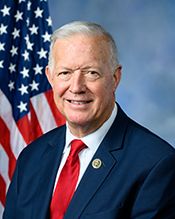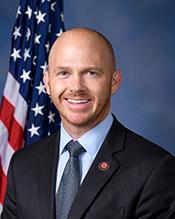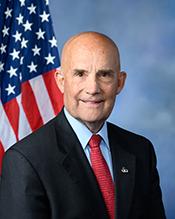0
Employee Rights Act
12/12/2023, 8:15 AM
Summary of Bill HR 2700
One of the key provisions of the Employee Rights Act is the requirement for employers to provide employees with clear and accurate information about their rights and responsibilities. This includes information about wages, benefits, and working conditions. The bill also aims to strengthen protections for whistleblowers who report illegal or unethical behavior in the workplace.
Additionally, the Employee Rights Act includes provisions to protect employees from discrimination and harassment based on factors such as race, gender, religion, or sexual orientation. The bill also seeks to improve workplace safety by requiring employers to provide adequate training and resources to prevent accidents and injuries. Overall, the Employee Rights Act is designed to ensure that employees are treated fairly and respectfully in the workplace. It aims to create a more transparent and equitable working environment for all workers, regardless of their background or position.
Congressional Summary of HR 2700
Employee Rights Act
This bill generally addresses employer obligations related to unionized workplaces.
This bill provides that an employer may be considered a joint employer in relation to an employee under federal labor law only if such employer directly, actually, and immediately (and not in a limited and routine manner) exercises significant control over the essential terms and conditions of employment. Such control may by demonstrated by hiring and discharging employees, determining individual employee rates of pay and benefits, day-to-day supervision of employees, assigning individual work schedules, positions, and tasks, and administering employee discipline.
The bill also requires a workplace election to approve or reject a union to be conducted by secret ballot. Further, the bill requires an employer to provide limited employee information to union representatives to facilitate a workplace election. An employer that mishandles or fails to provide such information according to the bill's requirements may be liable for an unfair labor practice (i.e., labor law violation).
Additionally, the bill requires an employee to authorize in writing any use of the employee's labor organization dues or other contribution for a purpose other than collective bargaining or contract administration. Such authorization must be made upon 35 days' notice and expires after one year.
Finally, the bill exempts Indian Tribes, including Indian Tribe enterprises and institutions, from the collective bargaining rights and related provisions of federal labor law.





